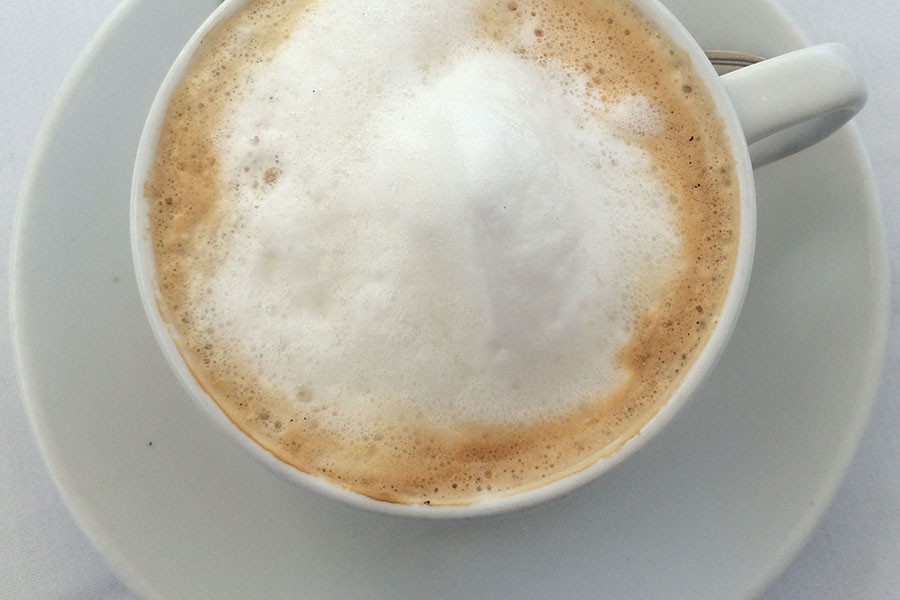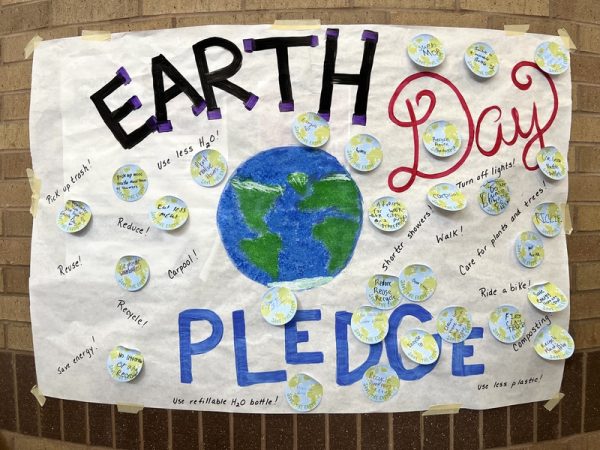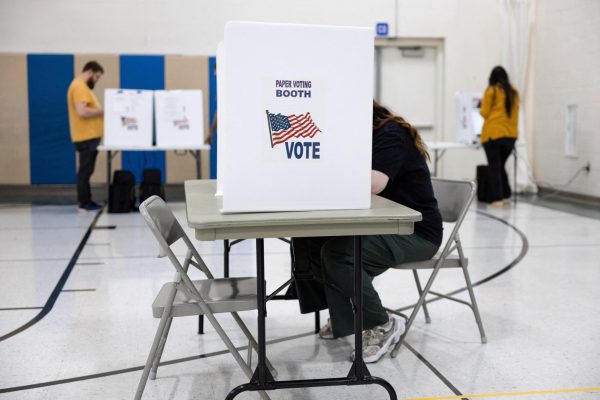How Do You Take Your Coffee
Most students today find coffee to be not only a physical need but a psychological need as well. When students feel overwhelmed with school, work, or didn’t get enough sleep the night before, they begin to depend on a caffeine source to get them through the day. Without a morning cup of coffee, some may begin to feel a step slower or may experience fatigue.
Young people should be made aware of the amount of caffeine they are consuming in their daily lives. However coffee is not the only source of this reoccurring problem. Beverages such as Monster and Rock Star are proven to cause long term health problems much worse than coffee.
“The EFSA Comprehensive European Food Consumption Database shows that many sources of caffeine were shown to be present in a teen’s diet such as cocoa-based products or other caffeinated beverages such as soft drinks. U.S. studies suggest that the majority of caffeine consumed by teens and adolescents comes from not only coffee but energy drinks as well,” Science Manager of Coffee and Health, Roger Cook said.
Moderate caffeine intakes are of no concern for the general adult population, however concerns have been raised over high intakes in young children and adolescents.
“400mg of caffeine can be consumed per day without cause for concern. However, the amount of intake depends on the individual. The individual’s reactions to caffeine may differ according to genetic variability. Too much caffeine can be harmful depending on a person’s tolerance for caffeine, blood sugar level, and their overall health,” Cook said.
In today’s culture, coffee seems more prevalent than ever. It’s a major trend and a must-have in today’s society.
“I feel like coffee helps me stay active throughout the day and allows me to pursue my day to day activities especially assignments involving logic. Without my morning cup of coffee, it seems harder to focus as the day prolongs,” sophomore, Alesia Perez said.
Recently it was discovered that 98 percent of hot flavored drinks sold at major coffee chains have excessive levels of sugar per serving.
“According to a new report by a British campaign action on sugar, flavored drinks sold by the likes of Starbucks can contain up to 25 teaspoons of sugar per serving,” Cook said.
Although being energized throughout the day is beneficial, a recently published systematic review on caffeine found that higher intakes of caffeine were associated with an increased risk of anxiety and withdrawal symptoms, while moderate intake levels were not linked with such effects and may benefit the function of sports and education performance.
In moderation, caffeine mostly has positive effects as in a person’s well-being, alertness and in both physical and intellectual performances but precaution should be taken to anyone who feels reliant on a caffeinated energy source.
My name is Kiana Murray, I'm a sophomore here at Langham Creek. This is my first year being a student journalist and I look forward to writing articles...








